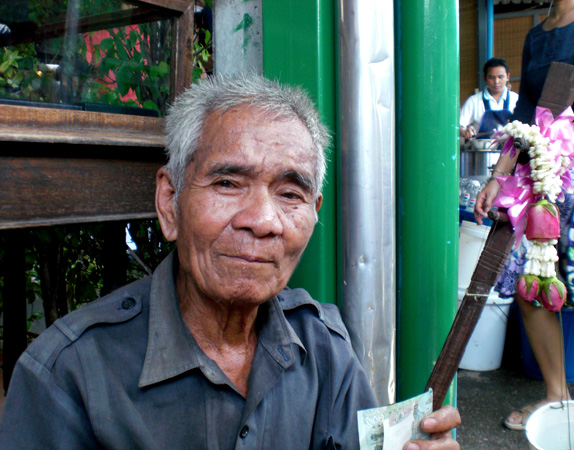
One thing many economic analysts have pointed out since the Thai government shut the country’s borders to most international visitors in early 2020 was poverty in Thailand would increase as a result.
Massively.
After all, when the Thai government shut down the country to most international visitors, it caused a loss of approximately 20% of its GDP almost overnight due to an all but destroyed tourism industry.
Millions of Thais losing jobs, and business owners losing their tourism-related businesses, was the result by the end of 2020.
In 2021, that reality has only worsened as borders remained closed and tourists kept out.
Today, fast forward 19 months, and the Thai Finance Minister has just announced the ministry expects the number of Thais receiving state welfare will increase by up to two million in coming months. Pushing the total number of people on welfare in Thailand up to more than 15 million by early in 2022.
Out of a country of almost 70 million people, that means almost 22% of the Thai population will be on welfare, and a substantial number of them will be living in poverty.
In terms of the labor force, that is approximately one third of Thailand’s work force either unemployed or struggling to survive financially.

Criteria for welfare in Thailand is to be changed
In an even more worrying sign, the ministry has announced it will be revising the criteria for acceptance into the welfare program, and may eliminate people who own property like cars valued over a certain amount or homes larger than a certain size.
Those with assets of more than 100,000 baht (only $3,300) could also be excluded from receiving welfare benefits.
The ministry is also warning the application process for welfare in Thailand is likely to take longer as a more extensive screening of candidates will be carried out.
That could cause even more people to fall into poverty or, in extreme cases, even into homelessness.
Another characteristic of the Thai welfare system, which foreigners living in Thailand and paying Thai taxes have long complained about, is only Thais are eligible for welfare.
For any foreigner living in Thailand who has also been the victim of the Thai government’s Covid-19 restrictions, they then will have to look for help elsewhere.
As Thailand’s poverty rate continues to increase, analysts are not expecting the country’s economy to pick up until well into 2022.
Should the number of Covid-19 cases begin to rise again, that may delay economic recovery even more.
Meanwhile, the Thai government has finally opened up the country to vaccinated tourists from specific countries.
Within the first two weeks, however, only 44,774 tourists arrived in Thailand.
With that number in mind, it is unlikely, therefore, that the Tourism Authority of Thailand (TAT) will reach their expected 750,000 tourists by the end of 2021. Nor will the country receive the inflow of cash they were planning on from them.
